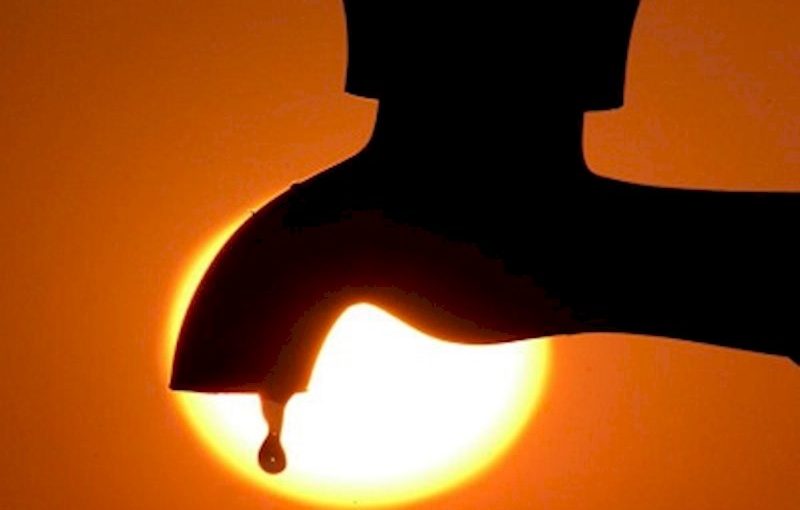Prince William pays tribute to 'immense sacrifices' of rangers after deaths in Niassa
Climate change will worsen Maputo water situation – AIM report

A senior municipal official warned on Friday that climate change will make the water supply situation in Maputo ever more critical, if precautionary measures are not taken.
Speaking at a seminar on “Research into Urban Governance and the Water Sector”, the Maputo City councillor for town planning and the environment, Luis Nhaca, described the current water situation in the capital as critical.
While there have been heavy rains recently in Maputo and Matola cities, there has not been enough rainfall further inland to raise the level of the water in the reservoir behind the Pequenos Libombos dam to comfortable levels.
The Umbeluzi river flows out of the dam and, a few kilometres downstream, the water treatment and pumping station on the Umbeluzi is the main source of water for 1.3 million people in Greater Maputo. The reservoir which was 81 per cent full in 2014 is now less than 20 per cent full. Restrictions are now in force with water being pumped to each Maputo and Matola neighbourhood only every other day.
“If we don’t take measures, if we don’t take precautions for the future, we shall be facing great constraints on water supply in this city”, warned Nhaca.
He announced that Maputo Municipal Council has been taking some measures to confront the water shortage, including a partnership with the Eduardo Mondlane University (UEM). The Council and the University have drawn up a plan of action for coping with climate change.
The Council has sent some staff members to the University of Cape Town in South Africa, where they are being trained in mitigating the effects of climate change. Coincidentally, Cape Town is facing an even more serious water shortage than Maputo, with fears that the taps will run completely dry in April.
Maputo Municipal Council also participates in the FRACTAL (Future Resilience for African Cities and Lands) project, which intends to provide a platform through which research results can be discussed and shared, and relations between actors in the water sector can be strengthened. FRACTAL is financed by the British Department for International Development (DFID).
Through FRACTAL African scientists can present projects for producing information on climate change which can then feed into decision making.
“The disturbance of the atmosphere is through the issuing of greenhouse gases, which come from industry”, said Genito Maure, an environmental researcher and the coordinator of FRACTAL. “African countries are the least industrialised and so their contribution to the greenhouse effect is very small. The industrialised countries are those which emit most pollution, but when nature reacts, those who suffer most are the developing countries”.
It was because of this imbalance, Maure said, that in the negotiations over climate change, the developed countries promised to finance in part measures to adapt to or mitigate climate change on the part of the developing world.
FRACTAL, he said, was set up in the framework of this type of funding by DFID and the British National Environmental Research Council (NERC). “That’s the origin of the project holding this event today”, said Maure.













Leave a Reply
Be the First to Comment!
You must be logged in to post a comment.
You must be logged in to post a comment.